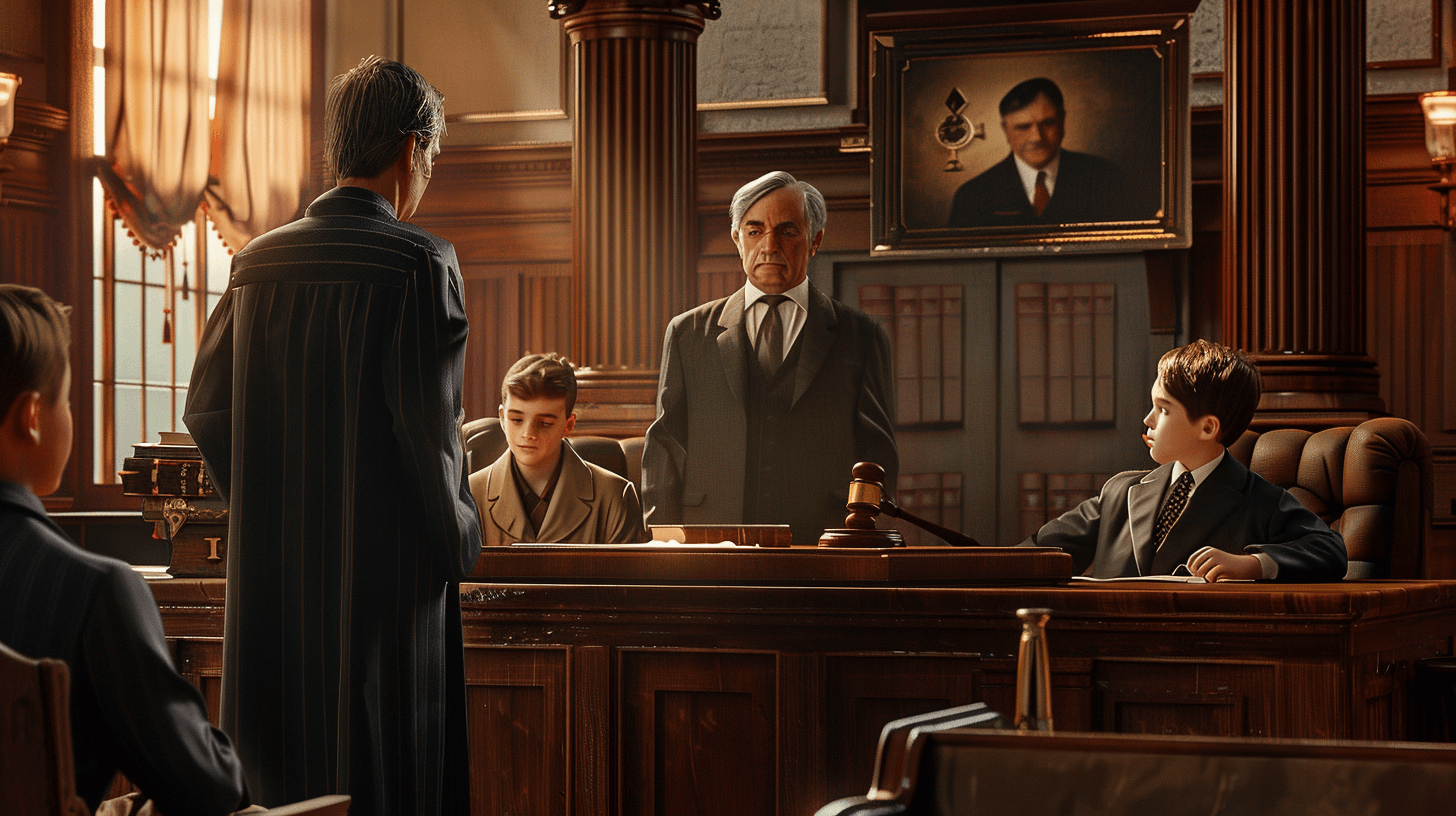September 16, 2025

When a loved one passes away, their will is meant to provide clarity, distribute assets, and carry out their final wishes. But sometimes, questions arise: Was the will valid? Was undue influence involved? Were certain heirs unfairly excluded?
Disputes like these lead to contesting a will—a legal process that can be as emotionally charged as it is complex. Just as criminal defendants prepare for a preliminary hearing (What Happens at a Preliminary Hearing?), families entering probate court need to understand the steps, evidence, and strategies that shape the outcome.
Not every disagreement justifies a will contest. Courts typically recognize specific legal grounds, including:
These standards reflect the importance of evidence—just as in personal injury valuation (How Our Firm Calculates the Value of Your Injury Claim), proof is everything.
To begin, a family member or interested party files a petition with the probate court. Timing is critical, as many states impose strict deadlines for filing.
This mirrors lessons from The Medicaid “Look-Back” Period Explained: just as asset transfers can disqualify families from benefits if done too late, missed deadlines in probate can bar will contests altogether.
Once the contest is filed, the probate court schedules a hearing. Similar to a preliminary hearing in criminal defense, this stage sets the tone. The court reviews basic arguments and may decide whether the contest has enough merit to proceed.
As in What Happens at a Preliminary Hearing?, evidence strength is key. Weak claims may be dismissed early, while credible ones move forward.
The discovery process allows both sides to collect evidence, interview witnesses, and subpoena documents. Key evidence may include:
This stage often mirrors business litigation strategies (The Business Law Firm Difference in Corporate Litigation)—building a case piece by piece, detail by detail.
Many will contests settle outside of trial. Families may negotiate agreements to avoid public disputes, save costs, or preserve relationships.
Negotiation is just as critical here as in high-asset divorces (Why Our Firm Excels at High-Asset Divorce Litigation) or personal injury lawsuits (Our Process: What to Expect During a Personal Injury Lawsuit with Our Firm). Skilled attorneys weigh evidence, family dynamics, and future needs to craft fair resolutions.
If settlement fails, the case proceeds to trial. Probate trials resemble other civil litigation, with opening statements, witness testimony, cross-examination, and closing arguments.
Here, advocacy matters. In Case Study: Securing a Multi-Million Dollar Settlement for a Brain Injury Victim, evidence and expert testimony secured justice. The same applies in probate disputes—experts such as doctors, handwriting analysts, and financial specialists can make or break the case.
Will contests are about more than money. They often strain sibling relationships, create lasting resentment, or reopen old wounds.
The emotional toll is similar to custody disputes (Client Success Story: Navigating a Difficult Child Custody Battle) or divorce proceedings (Our Family Law Services: Compassionate Counsel for Divorce & Separation). Compassionate counsel is just as important as legal strategy.
Attempting to contest a will without an attorney is risky. Probate law is technical, deadlines are strict, and emotions run high. A skilled lawyer provides:
This expertise mirrors the need for counsel across practice areas—from startups (Why Your Startup Needs a Lawyer) to estate planning (Estate Planning Case Study Protecting Families and Assets).
Contesting a will is a difficult decision. But when valid concerns exist—fraud, undue influence, or lack of capacity—it may be necessary to ensure fairness and honor a loved one’s true wishes.
The process is not unlike other legal journeys:
At its core, contesting a will is about truth, fairness, and protecting legacies. With the right legal guidance, families can navigate the process with confidence, even in the face of conflict.
Stay up to date with the latest legal tips, expert insights, case studies, and step-by-step guides to help you protect your rights, grow your business, and make informed decisions—no matter your legal needs or industry.